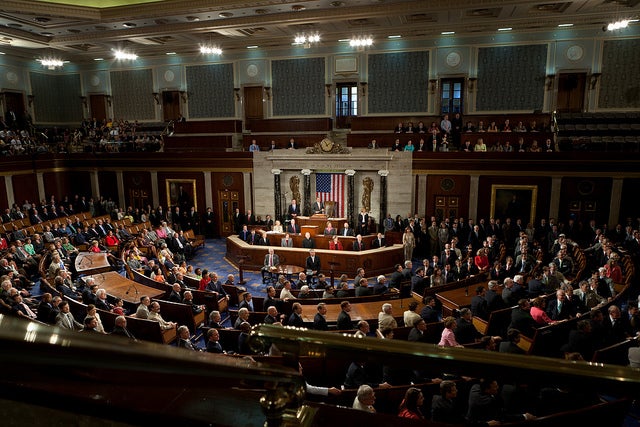It has been over three years since Obamacare became law. This week, the House voted again to completely repeal it.
There are plenty of reasons to repeal Obamacare, especially before its most egregious provisions begin next year, and just this week a few more were added to the list:
- Small businesses really don’t like it. A Gallup poll showed that 48 percent of small business owners surveyed expect Obamacare to have a negative impact on their business, with only 9 percent expecting it to be good for business. Worse, a majority of respondents expect their health care quality to decrease and their costs to increase. The opinion of small businesses matters greatly, because as the White House website states, “[s]mall businesses are the engines of job creation and essential to strengthening our national economy.”
- Huge premium increases projected. The House Energy and Commerce Committee on Monday released a report that cites analyses from the nation’s largest insurance companies showing significant premium increases for those who purchase coverage in the individual market and small group market next year. The report reveals, “One national insurer predicts a 96 percent average increase for new customers in the individual market; another predicts that small businesses in ‘nearly all states will see premium increases’ in the small group market.”
- Parts of the law are already failing. Enrollment in Obamacare’s Pre-existing Condition Insurance Plan (PCIP) remains at less than 30 percent of original projections, but costs for this population have been 2.5 times greater than the Administration anticipated. Because the PCIP program was allotted only $5 billion, the excessive costs have caused enrollment to be suspended for both federal and state-based PCIPs, not allowing any new enrollees to gain coverage. As funding continues to dwindle, the Administration has recently proposed a new contract with state-run plans, asking them to put a ceiling on their costs for the remainder of the year. As for now, it is unclear what will happen to the state-run plans.
- Unrealistic funding promises. One of two primary ways Obamacare expands insurance coverage is through the failing Medicaid program. The federal government fully funds Obamacare’s Medicaid expansion for three years and at least 90 percent of the cost thereafter, costing the federal government $710 billion from 2014 to 2023. But as fiscal pressure from the nation’s budget deficits and $16 trillion in debt builds in Washington, those funding promises are unlikely to hold. This week, Republican Senators introduced a bill (similar to one introduced by Representative Matt Salmon [R–AZ] in the House) that would repeal Obamacare’s enhanced funding for Medicaid expansion. As Senator Tom Coburn (R–OK) said, “This bill sends a basic message to governors and state legislatures considering expansion: don’t count on the enhanced federal funding for Medicaid expansions, because Congress has overpromised what it cannot deliver. Realistically, the funding will not be there and the check will bounce.”
